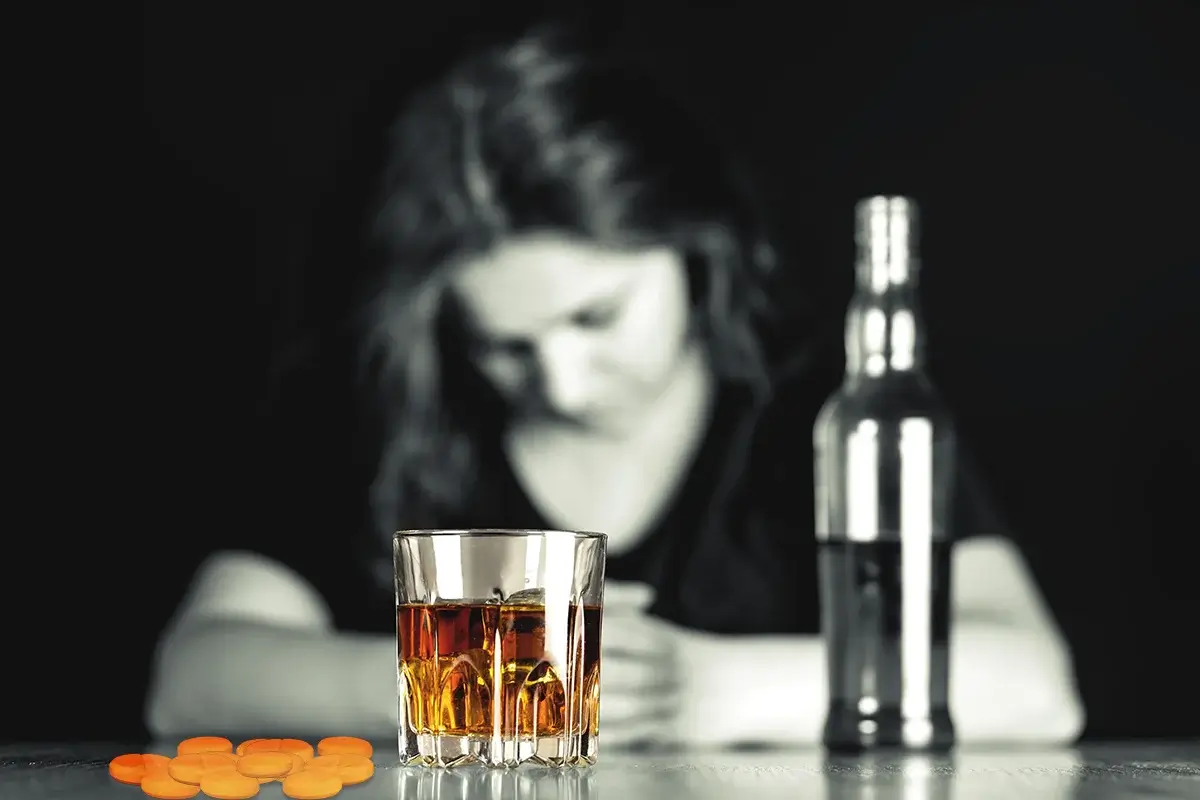Diclofenac, a pain reliever used to treat backpain and migraine as well as the signs and symptoms of osteoarthritis & rheumatoid arthritis, also decreases the muscle spasm caused by any mishap. Diclofenac comes under NSAID, which is a commonly used pain reliever.
Drinking alcohol can occasionally be a habit and, for some, an addiction. The reason varies from person to person, but alcohol and medication do not give a reason to interact. Diclofenac and alcohol easily interact and can cause painful symptoms that cost health.
NSAIDs And Alcohol- Beware Of This Combination
Nsaid (Non-Steroidal Anti-Inflammatory Drugs) is a well-used medicine in the masses. It works simply by stopping the pain-producing hormones through the help of inhibiting the enzymes. You cannot drink alcohol right after you consume any NSAID, as alcohol gets reacted in your system with the medicine, and side effects are intensified. Many times the NSAIDs also have effects on your intestinal system, and thus drinking alcohol can damage and yield painful results.
Why Should You Not Drink Alcohol And Diclofenac?
Alcohol and Diclofenac are reacted mainly in the gastrointestinal system. The reason behind this, Diclofenac reduces muscle spasms. It does this by stopping the Cox2 enzymes from inhibiting prostaglandin production (pain hormone). Through this process, Diclofenac can lessen the painful area. However, the cox2 enzyme is a protector of the intestines. When you drink alcohol, it has a great chance to amplify the weak intestine.
Effects Of Diclofenac Interaction With Alcohol
- Intestine Bleeding
- Blood Starry Stools
- Stomach pain
- Heartburn, stroke
- Anemia
- Stomach ulcers
- Vomiting blood
How Long After Taking Voltaren (Diclofenac) Can Drink Alcohol?
An average American consume alcohol about 492 drinks per year. Alcohol habits or occasional drinking happens all the time. It's kind of tricky for some folks to stay long from the glass, but when it comes to health, utmost preference should be given to the direction of good health.
You can take a drink after a long 6 hours haul. Don't even try to drink alcohol. Keep your health the priority (FDA).
What Should You Do To Avoid Gastrointestinal Problems Caused By Diclofenac?
Diclofenac can upset the stomach, leading to diarrhea, constipation, indigestion, and ulcer. This happens due to inhibiting enzymes that protect your guts from the acids.
Hence doctors can advise you to consume milk with Diclofenac to avoid the gastrointestinal effects. Milk can protect the inner lining of the stomach or intestine from digestive acids. It doesn't mean it's an optional way to drink alcohol.
Special Mentions:
- Use the medicine as per the required amount.
- Do not mix the medicine with the interacting element.
- Follow the dosage as perfectly as possible.
- Pregnant ladies should take more care and avoid combining alcohol with Diclofenac.
- The above interactions mostly happen with tablet or suspension type and not on cream or topical gels.
- Repetitive consumption of alcohol can hurt one's health and life.
- Mixing medications with alcohol, such as Diclofenac and alcohol will create painful situations that turn into expensive medical bills and prescriptions.
Cheers For Health, Not For Alcohol
Consumption of medicine with alcohol may harm health in many ways. Diclofenac with alcohol is such an example of it. NSAIDs like Diclofenac interact with alcohol and result in gastrointestinal issues. Avoid using Diclofenac with alcohol.



 14 Sep 2022
14 Sep 2022


